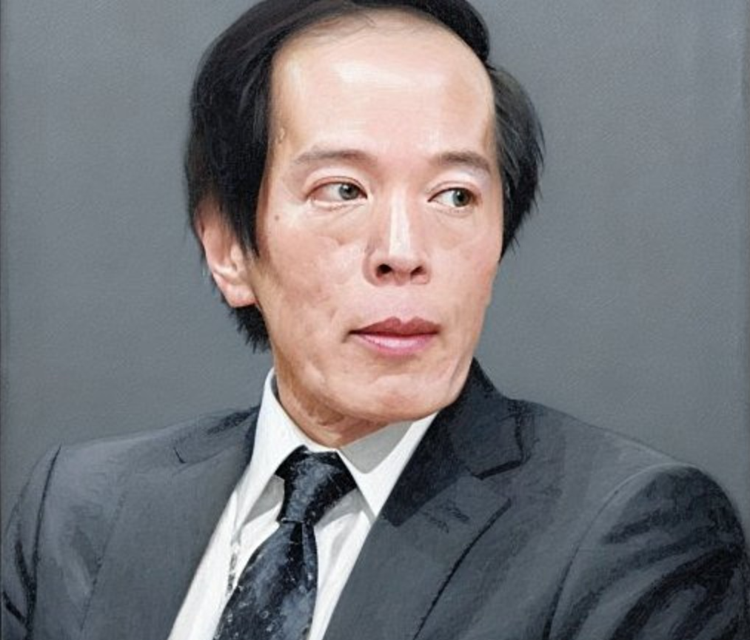Bank of Japan Governor Kazuo Ueda has made several comments during a speech in Parliament that imply that monetary policy is difficult to deal with when it comes to cost-push inflation. Key takeaways from Ueda’s speech include:
– Monetary easing is not aimed at funding government spending
– Consideration towards the government’s debt-financing cost won’t constrain necessary monetary policy moves
– Dealing with cost-push inflation with monetary policy is very difficult; it’s about striking a balance between curbing inflation and supporting the economy
– Cost-push inflation driven by rising raw material costs seems to be subsiding in Japan
– The risk of a rise in inflation driven by a loss of market trust in Japan’s finances is low for now
In general, dealing with cost-push inflation is very difficult for central banks. On one hand, they would like to curb inflation, and on the other hand, they don’t want to tighten monetary policy knowing that cost-push inflation will cool the economy. Striking the right balance is a challenge and depends on economic developments at the time, including where inflation stood at the outset.
Cost-push inflation occurs when overall prices increase due to increases in the cost of production. This can be caused by higher raw material prices or other production costs, such as wages. It results in higher costs for businesses and consumers, which can be a drag on economic growth.
In Japan, cost-push inflation driven by rising raw material costs seems to be subsiding. Since many Japanese firms import raw materials, the recent rise in commodity prices has been a concern, particularly as global supply chains have been disrupted by the ongoing COVID-19 pandemic. If costs continue to remain elevated, this could pressure companies to pass on higher costs to consumers, making it difficult for the central bank to achieve its inflation target.
It’s worth noting that Ueda stated that the risk of a rise in inflation driven by a loss of market trust in Japan’s finances is low for now. Japan has been struggling with slow growth and low inflation for decades, which has led to a massive buildup of public debt. The government has been trying to address this issue through various reform efforts, but progress has been slow. However, Ueda’s comments suggest that the situation is not yet dire, and there is still some room for the central bank to maneuver.
When it comes to monetary policy, consideration towards the government’s debt-financing cost won’t constrain necessary moves. This suggests that the central bank is aware of the potential risks associated with its policy measures, but it will not let these considerations prevent it from taking the necessary actions to support the economy and achieve its inflation target.
As Ueda’s comments suggest, striking the right balance between curbing inflation and supporting the economy is a delicate act for central banks. As Japan continues to grapple with the economic fallout from the COVID-19 pandemic, it will be up to the Bank of Japan and other policymakers to make the difficult decisions needed to steer the country back towards growth and stability. It will be no easy task, but these recent comments from Ueda suggest that the central bank is aware of the challenges it faces and remains committed to finding the right balance.
In conclusion, dealing with cost-push inflation and striking the right balance between curbing inflation and supporting the economy is a significant challenge faced by central banks worldwide, and Japan is no exception. With a complex interplay of factors, such as raw material costs, public debt, and market trust, shaping the economic landscape, the Bank of Japan will have to navigate through turbulent waters to ensure that it can successfully manage inflation while also promoting growth and stability. Governor Ueda’s comments offer a glimpse into the mindset of the central bank as it faces these challenges and seeks to provide the necessary support to the Japanese economy under current conditions.


